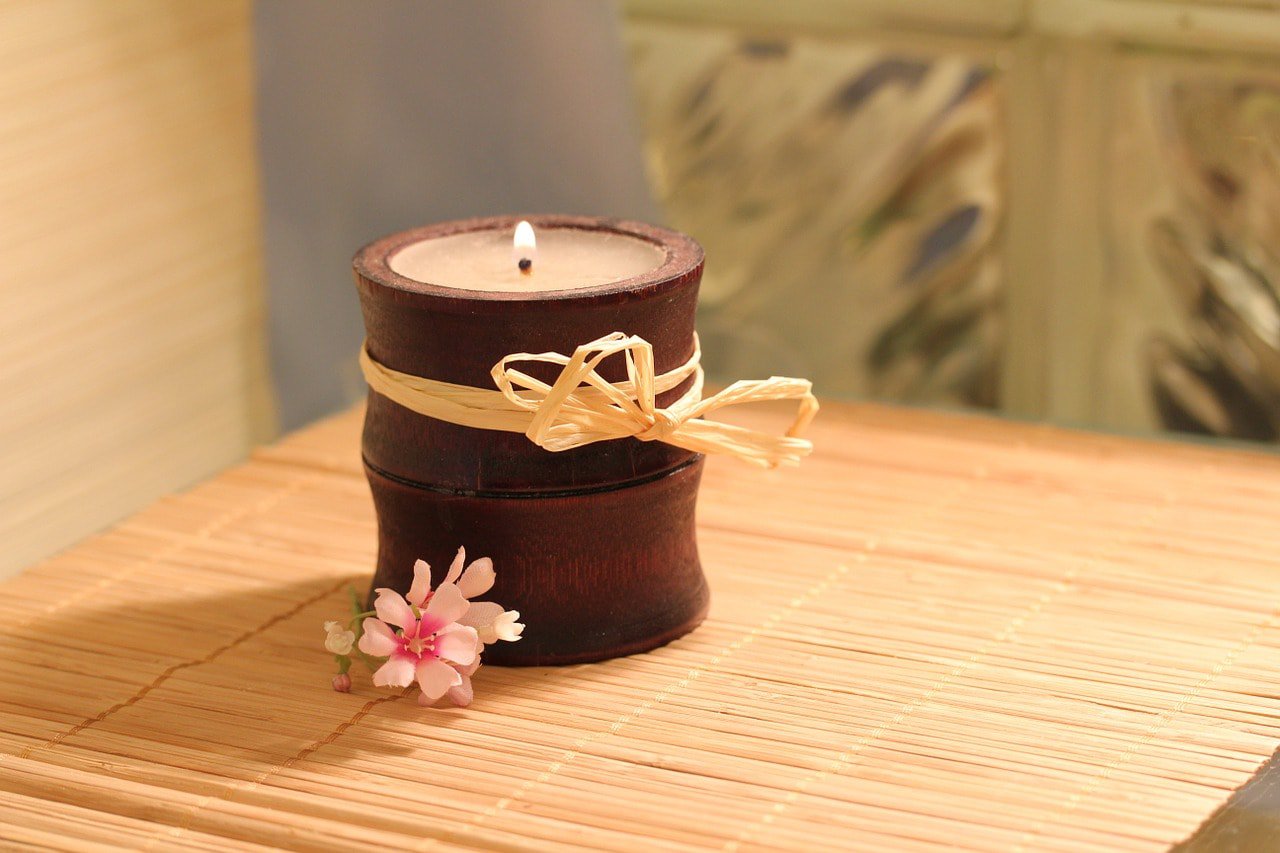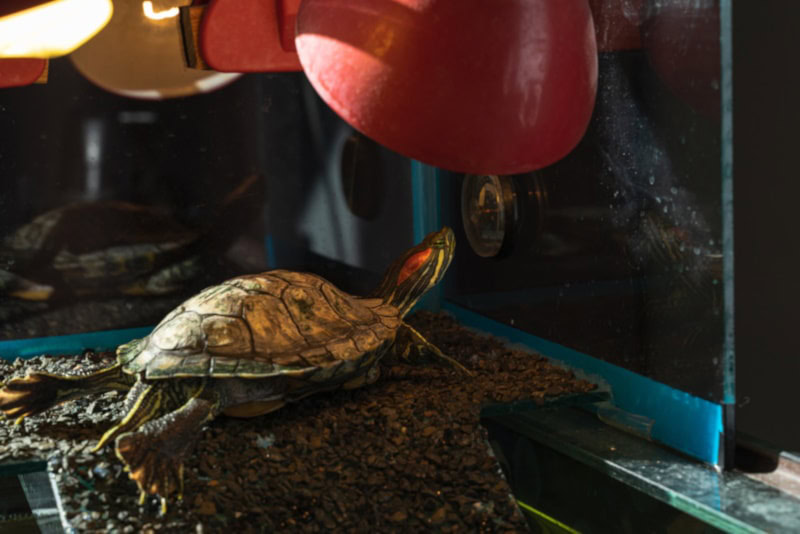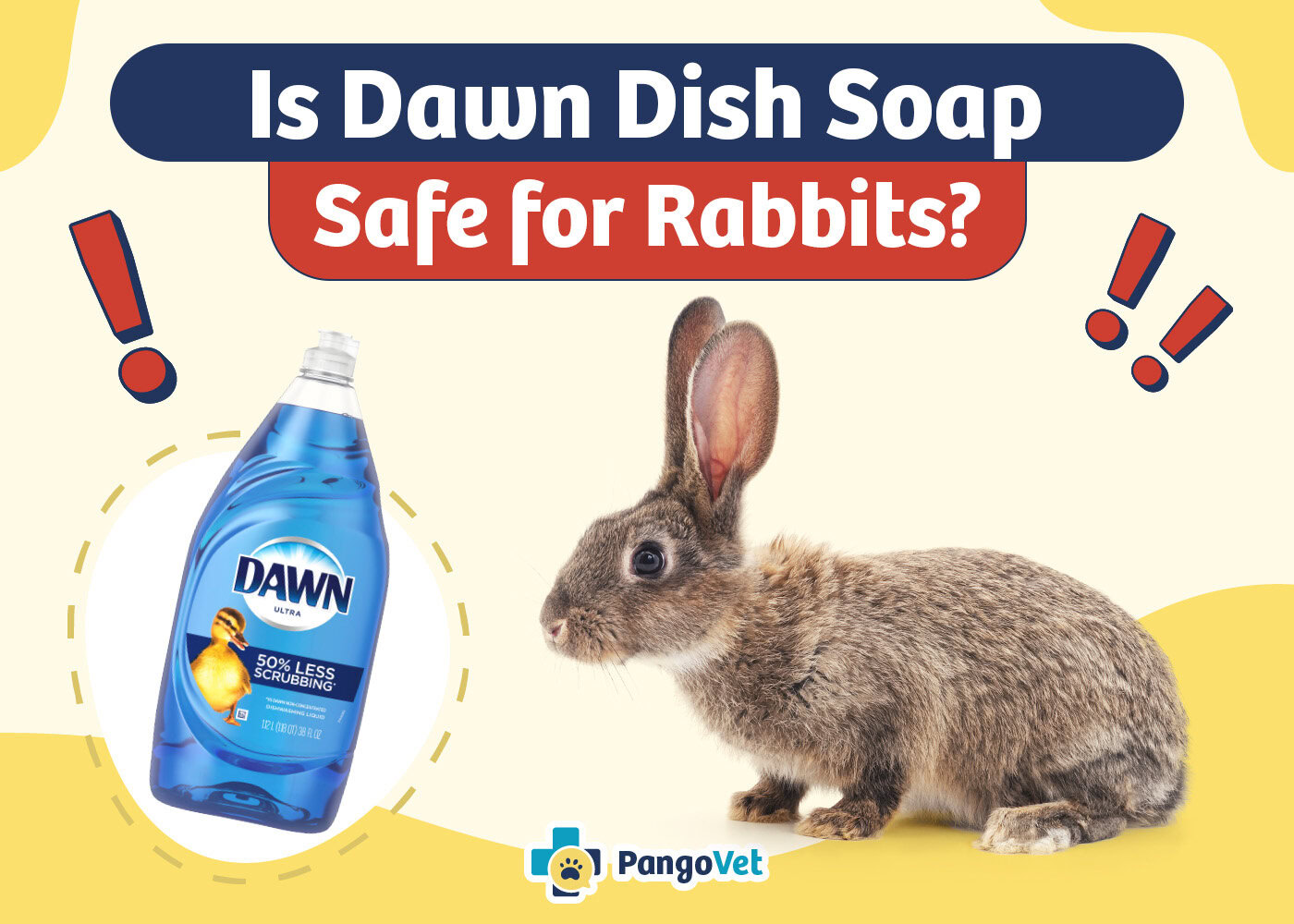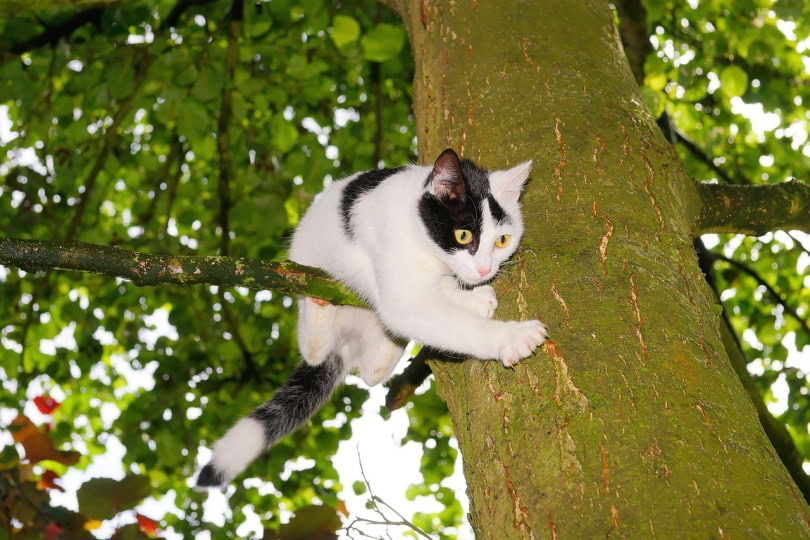Click to Skip Ahead
If you love filling your home with warm scents, you probably have a ton of candles. What home is complete without a few flickering flames, after all? But with all the attention on health these days, some of our readers are wondering if candles could be bad for their pets.
If you’re asking yourself whether candles have a negative impact on your feline, you might have cause for concern. Candles can be dangerous to cats, in a few different ways. Let’s discuss it further.

Cats Around Candles
For reasons that might seem obvious, candles can be pretty dangerous for cats. A flickering flame can spark serious interest for a feline. But there are also less obvious risks, like potential irritation from certain scents.
Burns
One of the main concerns regarding cats and candles mixing is the risks associated with fire. Your curious cat can inspect the candle or might even want to play with the flame on the wick. After all, it flits and flickers, catching the attention of your prey-driven feline.
Obviously, an open flame can pose quite a few concerns. If your cat contacts the flame, it can seriously scorch their paw pads and potentially catch their fur on fire.
One wrong move can singe off some hair and whiskers. Or worse, it could cause significant burns on your cat’s face, skin and sensitive paw pads.
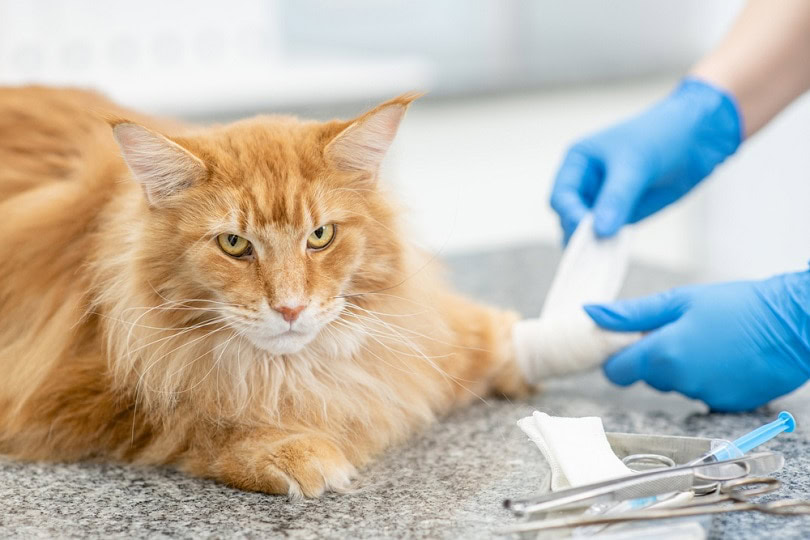
Fires
If your cat accidentally knocks over a candle—what’s the worst-case scenario? Your whole house burns to the ground. The best-case scenario is a big mess to clean up. Depending on what the candle is around, it can easily engulf a section of your house in flames and spread very quickly.

Types of Candles
- Soy wax
- Beeswax
- Paraffin wax
- Palm wax
- Liquid wax

Are Wax Melters Good Alternatives?
Even if you have only wax melters, they can still take on significant heat. The temperatures can still blister or burn your cat’s paws if they make direct contact.
Also, wax is very messy and dries quickly. If your cat knocks over your wax warmer, or flicks it with their paw, you might have to clean up wax for days and it could get stuck to their paws, causing skin irritation and discomfort.
Your best bet here is to keep any wax warmer in an area your cat has no access to.
Other Scent Alternatives
You might wonder if an oil diffuser or incense would be a good scent alternative to candles—but is it?
Most essential oils can be highly toxic to cats, especially in their concentrated form. Beside cats ingesting them or licking them off their skin in case of accidental spillage, even inhaling essential oil fragrances from a passive diffuser can cause respiratory difficulties, drooling, coughing, and retching, and can lead to severe signs. Always keep essential oils away from cats in order to avoid them getting exposed.

A Cat’s Sense of Smell (It’s Strong)
It seems that cats are a little more sensitive to scents in the air than some other animals. After all, their sense of smell is 14 times better than a human’s. So, here are a few things that might bother them when candles are ablaze.
Respiratory Irritation
Some cats can be very sensitive to certain ingredients in candles. While diffusers can be more dangerous because of the toxicity of many essential oils, other components of candles can have a negative impact on the cat’s respiratory tract, particularly in cats suffering from asthma, airborne allergies, or preexisting respiratory issues. Candles made from paraffin wax derived from petroleum can release harmful fumes and also negatively impact the cat’s respiratory system and should be avoided.
If you notice any sneezing, coughing, drooling, eye watering, or any respiratory difficulties, contact your vet urgently, place your cat in a well-ventilated area, and stop using the candles in their proximity.

Sensitivities
Some fragrances can make your cat sick or just uncomfortable. Each cat will be different, but some can be very sensitive to the smells or contents of the candle. In rare cases, some cats might dry heave or even vomit if the smell becomes too unpleasant.
Other Health Risks
Aside from burns or fires, candles can pose health risks if your cat decides to eat the wax, which may lead to gastrointestinal signs.

Tips for Burning Candles
Let’s face it, no one wants to give up their scented candles. They provide humans with feelings of tranquility and relaxation, things we could always use more of. It’s part of what makes home so homey. Here are a few things to keep in mind when burning candles.
- Make sure to closely monitor any burning candles. If this means only burning candles when you’re sitting at the table or in the same room—so be it.
- Try not to put the candle in the same room as your cat. There’s nothing wrong with momentarily restricting your cat’s access to one room on occasion. If you want to burn a candle, but don’t want your cat close, it’s time to shut them out for a while.
- Use natural-based candles rather than heavily-fragranced varieties or paraffin ones. There are plenty of natural candle options without all the extra chemicals. You can search for organic options that smell just as fantastic.
- Keep all essential oils safely stored and away from your cat. Avoid using essential oils or diffusers in your home, especially around your cat, as they can be toxic and may cause respiratory issues or serious harm if ingested.
- Put protection around the candle to prevent spills or burns. You know the inaccessible places in your home your cat can’t reach (hopefully!). Try to tuck it in a well-ventilated, hazard-free area that is hidden from plain sight and offers no access for little paws.
- Discontinue use if your pets show adverse reactions. If you burn a particular candle and notice your cat is having reactions anytime you do, it’s time to stop. See if it clears up after it’s done. It may just be a transient respiratory irritant that you need to steer clear of for your cat’s sake, particularly if they are suffering from asthma, bronchitis, or other respiratory issues. In case of any breathing difficulties, place your cat in a well-ventilated area and contact your vet immediately.
- Related Read: 11 Smells That Cats Love

Conclusion
There’s no reason cats and candles can’t peacefully coexist. After all, what else will help to mask the odors that your cat leaves you every day in their litter box? Just make sure you implement safety first so that no injuries or fires occur in the home.
Also, if your cat seems bothered by the scent, try selecting another type of candle to see if it soothes the signs, and avoid burning candles around your cat. Do not use essential oils as these are toxic to cats, particularly in the concentrated forms used in passive diffusers.
See also:
Featured Image Credit: Pixabay
